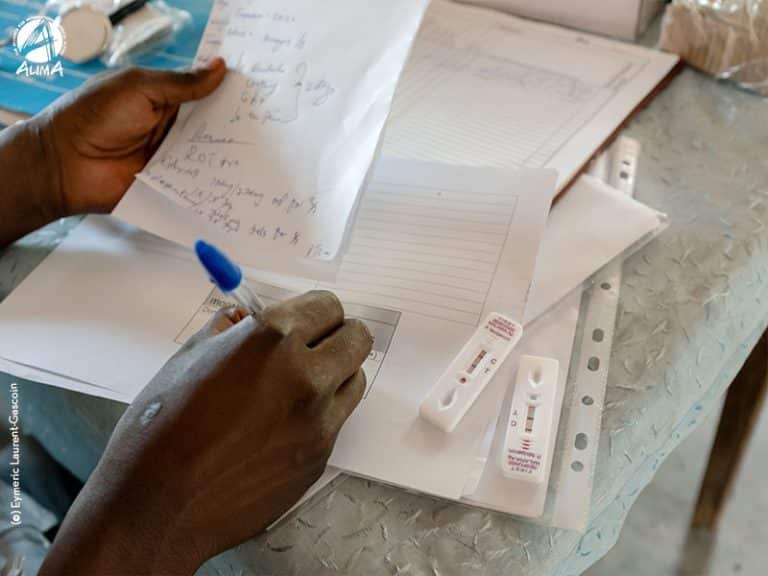
SOUTH SUDAN: The ongoing fight against malaria
Rainy season is well underway in South Sudan. And with the rains, come mosquitoes. With mosquitoes, comes malaria.

Rainy season is well underway in South Sudan. And with the rains, come mosquitoes. With mosquitoes, comes malaria.
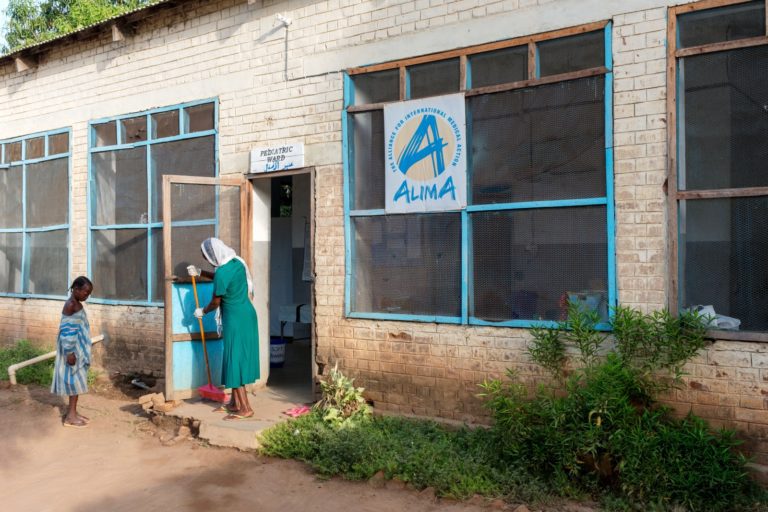
In South Sudan, ALIMA and its local NGO partner, AFOD (Action for Development), have been providing free health care in
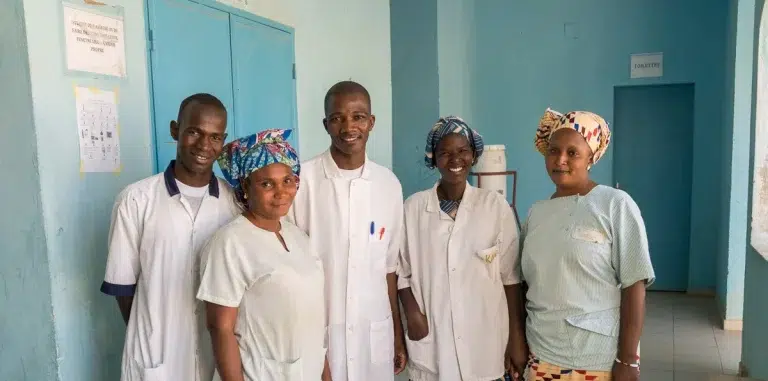
Nurses around the world play a key role, each and every day, in delivering high-quality, life-saving medical care to patients.

François is working in Juba, South Sudan as Assistant Head of Mission. He has been in South Sudan for a
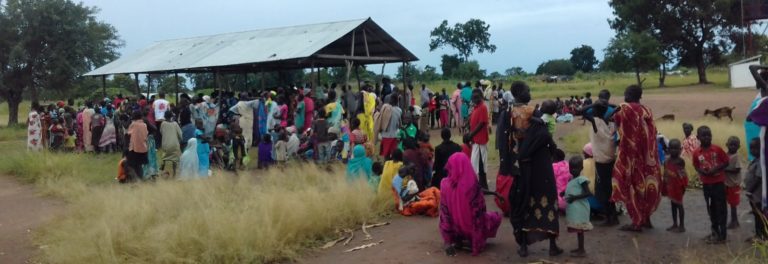
Early each morning, medical teams from ALIMA (The Alliance for International Medical Action) load up a small truck with lifesaving
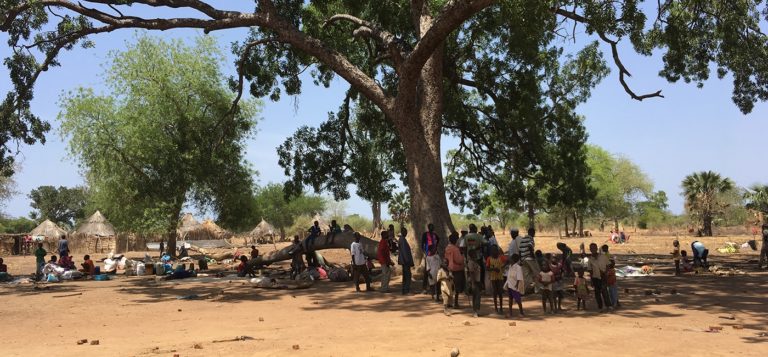
At the Raja State Hospital in South Sudan’s Lol State, the power goes out each morning. It won’t come back
For the United States: 100% of your donation is tax-deductible. ALIMA USA Inc. is recognized as tax-exempt under Section 501(c)(3) of the Internal Revenue Code. EIN: 26-0397519.
For the UK: If you’re a UK taxpayer, your donation to ALIMA UK can be increased by 25% at no extra cost through Gift Aid. ALIMA UK is a registered charity (No. 1175796).
For France: Under the French tax system, 75% of your donation is tax-deductible up to €1,000, then 66% up to 20% of your taxable income. ALIMA is a non-profit organization under French Law 1901 (SIREN: 831 620 398).
Fields marked with an asterisk (*) are required.
By subscribing to the ALIMA newsletter, you agree to receive information from us. You can unsubscribe at any time using the unsubscribe links. To understand the use of your data collected by this form, please consult our privacy policy.
This site is protected by reCAPTCHA – see Google’s Privacy Policy and Terms of Service.
Subscribe to our monthly newsletter
By subscribing to the ALIMA newsletter, you agree to receive information from us. You can unsubscribe at any time using the unsubscribe links. To understand the use of your data collected by this form, please consult our privacy policy.
For the United States: 100% of your donation will be tax-deductible. ALIMA USA, Inc., is recognized as tax-exempt under section 501(c)(3) of the Internal Revenue Code. EIN: 26-0397519.
For France: Association Law 1901 – Registration and SIREN number : 831 620 398
Under the French tax system, you will benefit from an income tax reduction of 75% of the amount of your donations up to a maximum of 1 000 euros. Beyond that amount, donations are 66% tax deductible up to an equivalent of 20% of your taxable income.
We offer country-specific donation forms to give you access to local payment options and tax benefits.
Please wait while you are redirected to the right page...